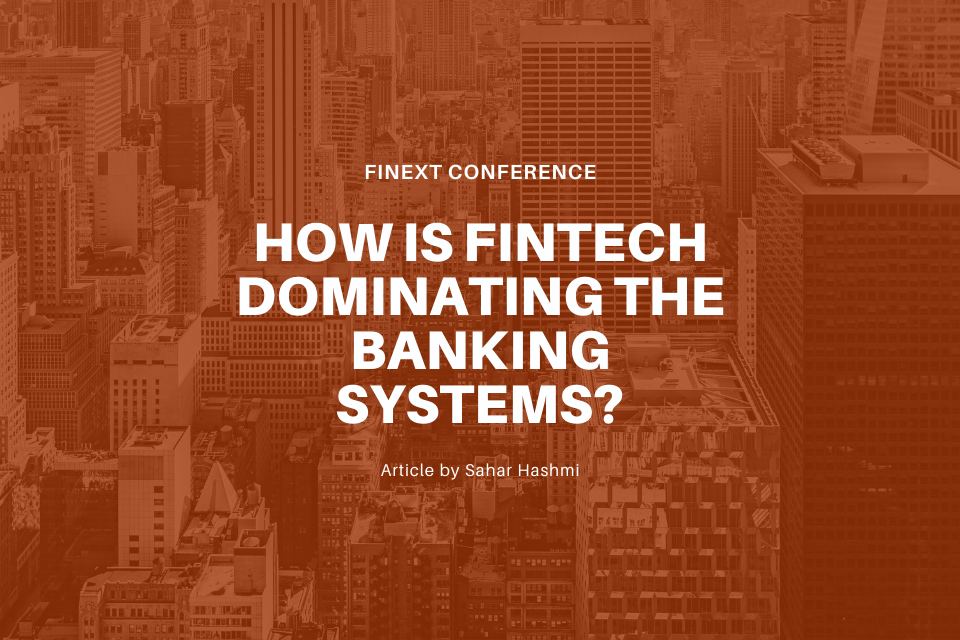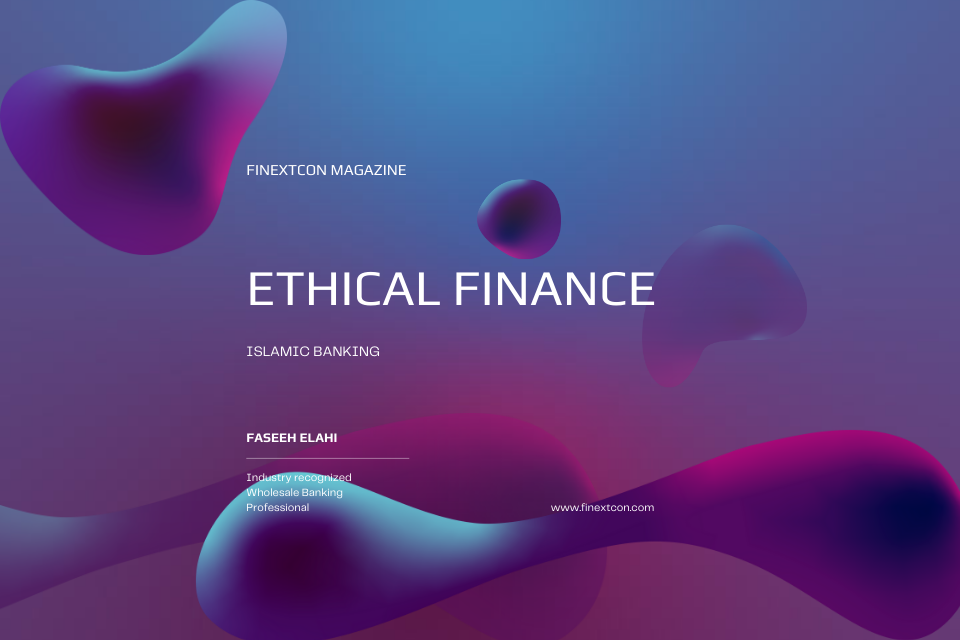Fintech companies utilize the latest technology to automate and improve the flow of financial services across networks. Fintech is, however, not a new invention as it has been a part of the banking sector for quite some time now. Examples of technological inclusion in banking services are credit cards, ATMs, e-trading, and many other financial services.
Category: Finance
The Effect of Fintech on the Insurance Industry
The insurance industry’s survival is deep-rooted yet very complex. But the technological advancements that have transformed the whole world have challenged the insurance industry. With the changes in customer needs, the major players introduced mobile solutions ensuring the value of customers.
How is FinTech dominating the Banking Systems?
The Fintech industry’s popularity is due to the demand of customers to get access to their bank accounts without actually going there. In these post-pandemic times, customers prefer financial services that are safe and hassle-free.
Managing your finances well and growing your savings are essential for salaried individuals. Although we all know that keeping our expenses low is important – the flexible loan options and credit cards may land you into a vicious circle of overspending and underpaying.
Ethical Finance
The predominant Conventional Banking system has been strongly challenged by Islamic finance which has grown manifold in the previous three decades due to its appeal of being highly ethical and fair to the stakeholders. The current size of the industry is estimated close to USD3 Trillion with a projection of it reaching USD3.7 Trillion by the end of 2024. Though still considered in its nascent stage with Islamic Development Bank, the first multilateral finance institution being founded in 1973 followed by the establishment of the first mainstream Islamic bank coming into shape in 1975 in the UAE, the Islamic Finance industry has already created a sizable asset base and business opportunities for the world additionally contributing to a significant share in generating employment opportunities. At present over 530 Islamic banks, windows, and financial institutions are operating globally, most of which have majorly come up in the past two decades, add to this the recent Fintech wave has brought about 50 plus odd Islamic Fintechs which are rooted in the same philosophy of ethical finance and would act as major enablers for the core function. The challenge now is not just to follow up and enhance the growth attained in the previous years but to build on to a more significant cause of Ethical Finance which needs to be put to the larger good of humanity, not being specific to only Islam. The top five markets of growth attained to date and still holding the maximum potential for growth are Malaysia, Indonesia, Bahrain, UAE, and Saudi Arabia – this however will not be the landscape five years down as the popularity of Islamic Sukuks is growing by leaps and bounds in the western financial systems. Islamic Finance Ethical Finance is deep-rooted in the Islamic Finance methodology which emphasizes not just over-building up of real assets but also on the principles of loss sharing and eliminating uncertainty, typically being a partner in trade rather than just being a financier. This implies getting to know the business and taking balanced risks to safeguard the interest of both the obligor as well as the financial institution. Projects which are thus considered not viable can be eliminated from taking off by the collective intelligence of the institutions rather nurturing a sub-standard asset for the future. This intervention by experts of Islamic Finance and business becomes even more important when the industry is poised to grow at an estimated rate of 10 to 12% per year even after the wrath of the COVID-19 pandemic. Positioning UAE as the Hub of Ethical Finance: A Paradigm Shift in Islamic Economy The industry professionals would agree that Islamic Finance, rather being an alternative option is catching up as mainstream choice and the most preferred way to the bank by individuals and institutions alike due to the fair practices involving an underlying asset, elimination of uncertainty, and support provided by the Governments at large. Seeing the momentum initiatives to foster developments in Ethical Finance have paced up and UAE has… Continue Reading Ethical Finance




